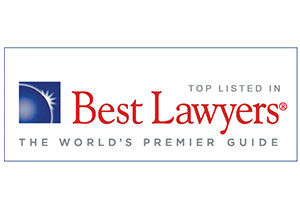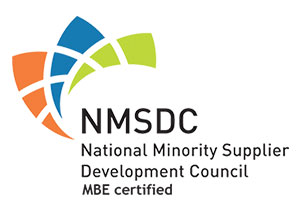No, not if you are engaging in “protected, concerted” activity, according to the National Labor Relations Board (NLRB).
In another in a continuing series of decisions protecting employees who post negative comments online on Facebook about their employers, a three-member panel of the NLRB has ordered that Hernan Perez be reinstated to his server’s job with back pay by Pier 60, a Manhattan caterer.
The NLRB, based in Washington, D.C., is the federal government agency tasked with protecting the rights of private sector employees to join together, with or without a union, to improve their wages and working conditions. Through a five-member board appointed by the President, the NLRB enforces the provisions of the National Labor Relations Act of 1935 (NLRA). Among other provisions, Section 7 of the Act states that private sector employees have the right to unionize and to “engage in other concerted activities for the purpose of collective bargaining or other mutual aid or protection”. Section 7 has been called “the First Amendment” of the American workplace.
Perez, a server with 13 years of service at Pier 60, had been fired in the middle of a union organizing campaign after complaining about being addressed in what he considered a disrespectful manner by his supervisor, Robert (Bob) McSweeney. While in the middle of a catered function, Perez went to the bathroom during a break and posted this statement (without the ellipses used here) to his personal Facebook page using his iPhone:
Bob is such a NASTY M_____R F____R don’t
know how to talk to people!!!!!! F__k his mother and
his entire f_____g family!!!! What a LOSER!!!! Vote
YES for the UNION!!!!!!!
Perez’ post was visible to his Facebook “friends,” which included ten Pier 60 coworkers, and to others who visited his personal Facebook page. The incident occurred two days before an employee election at Pier 60 in which the union prevailed and was chosen to be Pier 60’s employees’ collective bargaining representative.
Following an investigation by the Human Resources Department, Perez was fired two weeks after his Facebook post was published online. Pier 60 said that Perez’s Facebook comments had violated a company policy entitled “Other Forms of Harassment”.
That policy prohibited harassment “on the basis of age, race, religion, color, national origin, citizenship, disability, marital status, familial status, sexual orientation, alienage, liability for services in the U.S. Armed Forces, or any other classification protected by Federal, State or Local laws.” As examples of prohibited workplace harassment, the policy mentioned “unwelcome slurs, threats, derogatory comments or gestures, joking, teasing, or other similar verbal, written or physical conduct directed towards an individual because of one of these protected classifications.”
After a trial on the unfair labor practice charge filed by Perez, Administrative Judge Lauren Esposito determined in a 29-page opinion that Perez’ Facebook posting constituted part of an ongoing sequence of events related to the servers’ dissatisfaction with the manner in which they were being treated by Pier 60’s managers, and constituted protected speech under the NLRA.
In reviewing Perez’s termination on appeal, the NLRB panel similarly concluded in a March 31, 2015, ruling, that “Perez’ Facebook comments, directed at McSweeney’s asserted mistreatment of employees, and seeking redress through the upcoming union election, constituted protected, concerted activity and union activity” protected by Section 7 of the National Labor Relations Act.
In a 2-1 decision, the Board decided that Pier 60 had committed an unfair labor practice by terminating Perez’s employment in retaliation over his Facebook posting. The two panel members voting in favor of Perez were Board Chairman Mark Gaston Pearce and Member Lauren McFerran, both Democrats. The five-member NLRB is made up of three Democrats and two Republicans.
Dissenting, Board Member Harry I. Johnson, III, a Republican, wrote that “In condoning Perez’ offensive online rant, which was fraught with insulting and obscene vulgarities directed toward his manager and his manager’s mother and family, my colleagues recast an outrageous, individualized griping episode as protected activity. I cannot join in concluding that such blatantly uncivil and opprobrious behavior is within the Act’s protection.”
“We live and work in a civilized society, or at least that is our claimed aspiration, “ Johnson continued. “The challenge in the modern workplace is to bring people of diverse beliefs, backgrounds, and cultures together to work alongside each other to accomplish shared, productive goals. Civility becomes the one common bond that can hold us together in these circumstances. Reflecting this underlying truth, moreover, legal and ethical obligations make employers responsible for maintaining safe work environments that are free of unlawful harassment. Given all this, employers are entitled to expect that employees will coexist treating each other with some minimum level of common decency.”
“Perez’ comments lost the Act’s protection, and [Pier 60’s] discharge of him for his opprobrious Facebook posting was lawful,” Johnson concluded in his minority opinion.



